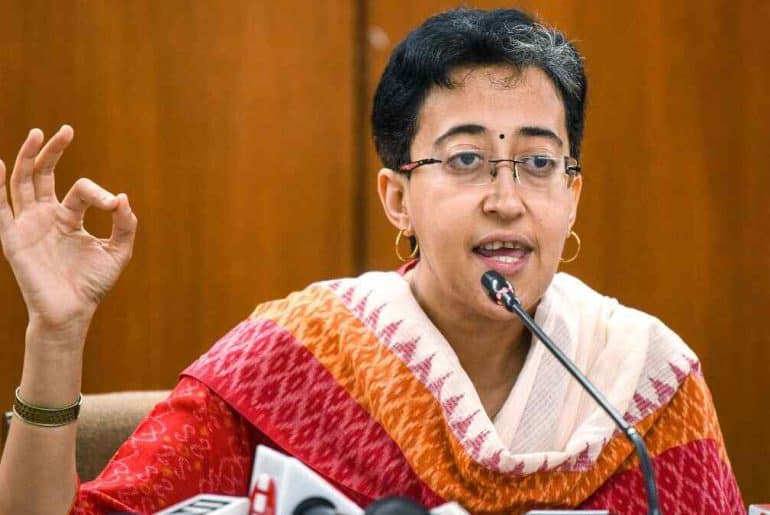12 DU colleges are to face an inquiry after alleged misuse of government-allocated funds and may face severe repercussions.
The Education Minister of the Delhi Government, Atishi, asked for an official inquiry into the alleged misuse of government funds in 12 colleges affiliated with Delhi University (DU) on January 20, 2024. This comes after the 1,897 appointments made by the colleges in teaching and non-teaching positions without prior approval of the Delhi Government in the past few years.
Earlier, a letter had been sent by Atishi to Shri Dharmendra Pradhan, the Education Minister of India, regarding the governance of these 12 DU colleges on December 1, 2023. The letter raised the issue of “several serious irregularities and procedural lapses” by the colleges involving hundreds of crores granted by the public exchequer to the colleges. The letter claimed that these colleges, fully funded by the Government of NCT Delhi (GNCTD), had illegitimately created posts employing teaching (939) and non-teaching (958) staff, accumulating salaries to be paid worth crores. Procedures required them to seek the approval of the Administrative Department and the Finance Department of the Government of NCT Delhi, which they failed to do. Severe actions could be taken against the principals and officials involved in the illegal appointments, including recovering the salaries of the illegally appointed staff since 2015.
Other problems regarding the utilisation of funds were pointed out too. She said,
Contracts worth crores for security and sanitation work were executed without adhering to General Financial and violated accounting norms and the approved “Pattern of Assistance” by the Delhi government.
Atishi addressed the lack of accountability of the colleges to the government as well as the University of Delhi. Due to this, proper oversight couldn’t be kept on these colleges by both the varsity and the Government of NCT Delhi (GNCTD). She proposed two solutions: either the colleges de-affiliate themselves with the University of Delhi and come under the complete control of GNCTD or, if they choose to stay affiliated with the University of Delhi, they must forgo all funding by the Delhi Government.
In response to this, Delhi University Vice Chancellor Yogesh Singh affirmed that the colleges will continue to be affiliated with the varsity. He requested that she withdraw the letter written by her to the Union Education Minister and continue the funding of the 12 colleges in the best interest of the students.
Read also: Atishi Points to “Irregularities” in 12 DU Colleges in Letter to Centre
Featured Image Credits: English Jagran
Shatadru Sen
[email protected]







